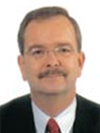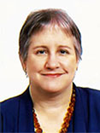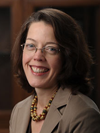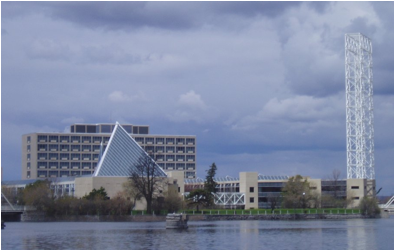Speaker Biographies
Panel 1: Law and counter-insurgency

Marco Sassòli
Professor of International Law,
Université de Genève, Switzerland
Marco Sassòli is professor of international law at the University of Geneva, Switzerland. From 2001-2003, Marco Sassòli was professor of international law at the Université du Québec à Montreal, where he remains associate professor. He is also associate professor at the Université de Laval. He chairs the board of Geneva Call, an NGO with the objective to engage armed non-State actors to adhere to humanitarian norms. He is also Vice-Chair of the board of the International Council of Human Rights Policy.
From 1985-1997 he worked for the International Committee of the Red Cross (ICRC) at the headquarters, as deputy head of its legal division, and in the field, as legal adviser of the ICRC delegation in Israel and the Occupied Territories, as head of the ICRC delegations in Jordan and Syria and as protection coordinator for the former Yugoslavia. Later, he has served as first secretary-general of the Swiss Fund for Needy Victims of the Holocaust/Shoah and as registrar at the Swiss Supreme Court.
Panel 2: Law and counter-terrorism

Ruth Wedgwood
Edward B. Burling Professor of International Law and Diplomacy,
Paul H. Nitze School of Advanced International Studies,
The Johns Hopkins University
Ruth Wedgwood is the director of the international law program at the School of Advanced International Studies at the Johns Hopkins University. She is also a senior fellow and director of the project on international organizations and law at the Council on Foreign Relations and serves as the U.S. member of the United Nations Human Rights Committee.
She has served on numerous prestigious committees and boards, including the Secretary of State's Advisory Committee on International Law; as vice-president of the American Society of International Law; chairman of the Council on International Affairs of the Association of the Bar of the City of New York; a member of the policy advisory group of the United Nations Association; an expert consultant on the Hart-Rudman Commission on National Security in the 21st Century and as an independent expert for the International Criminal Tribunal for the former Yugoslavia.
Panel 3: Law and counter-proliferation

Mary Ellen O'Connell
Robert & Marion Short Chair in Law and Professor of International Dispute Resolution,
Kroc Institute,
University of Notre Dame
Mary Ellen O’Connell joined the faculty at Notre Dame as the Robert and Marion Short Professor of Law in 2005. Prior to that, Professor O’Connell was the William B. Saxbe Designated Professor of Law at the Moritz College of Law of Ohio State University and has taught at Indiana University School of Law, Bloomington; at The Bologna Center of The Johns Hopkins University, Paul H. Nitze School of Advanced International Studies, Bologna, Italy; and the George C. Marshall European Center for Security Studies, Garmisch-Partenkirchen, Germany; and the University of Cincinnati College of Law.
She is the author of The Power and Purpose of International Law (Oxford 2008), three casebooks, four edited collections, and more than sixty articles and book chapters. Professor O’Connell has been active in the American Society of International Law, the German Society of International Law, the International Institute for Humanitarian Law, the International Law Association, and the Council on Foreign Relations.
